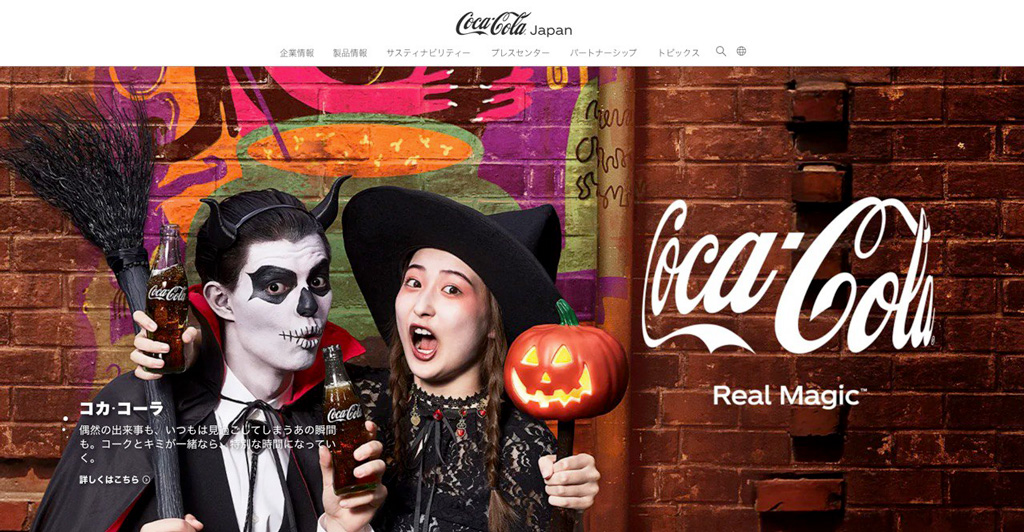What special distribution challenges exist in Japan
Navigating Special Distribution Challenges in the Japanese Market: Insights and Solutions
For foreign companies eyeing expansion into Japan, the Land of the Rising Sun holds immense potential. However, entering the Japanese market comes with its unique set of distribution challenges. In this blog, we will delve into these challenges and explore successful solutions adopted by foreign companies that initially struggled to establish a foothold in Japan.
Special Distribution Challenges in Japan
• Cultural and Language Barriers:
Japan’s strong cultural identity and language differences can be significant obstacles for foreign companies. Understanding and adapting to Japanese business etiquettes, local customs, and linguistic nuances is crucial for building trust and rapport with potential partners and customers.
• Complex Regulatory Environment:
Japan has strict regulations governing various industries. Foreign companies need to navigate intricate legal frameworks, licensing requirements, and compliance procedures, which can be time-consuming and costly.
• Relationship-Centric Business Culture:
The Japanese prioritize building strong business relationships based on trust and loyalty. As a result, forming partnerships with local distributors and suppliers can be challenging, particularly for newcomers.
• Distribution Networks:
Japan has a unique distribution system that relies heavily on intermediaries like wholesalers and retailers. Understanding this intricate network and establishing efficient distribution channels is vital for reaching consumers effectively.
• Consumer Behavior and Preferences:
Japanese consumers have specific tastes and preferences. Adapting products or services to suit the local market is essential for winning over customers.
Best Solutions for Foreign Companies
• Market Research and Localization:
Conduct comprehensive Japan market research to understand consumer preferences, demographics, and competition. Tailor products and marketing strategies to align with Japanese tastes and cultural sensibilities.
• Cultivate Business Relationships:
Invest time and effort in building strong partnerships with local distributors, suppliers, and key stakeholders. Networking events, business dinners, and gift-giving can be instrumental in fostering relationships.
• Utilize Local Expertise:
Collaborate with experienced local consultants, agencies, or professionals who possess a deep understanding of Japan’s market and regulatory landscape. They can provide invaluable insights and guidance.
• Invest in Translation and Localization Services:
Accurate translation of marketing materials, packaging, and user manuals is crucial. Localizing content shows commitment to the market and enhances brand perception.
• Compliance and Legal Support:
Engage legal experts with experience in Japanese regulations to ensure compliance and streamline the licensing process.
Real-Life Examples of Initial Struggles and Successful Solutions
Tesla

Struggle:
When Tesla, the American electric vehicle manufacturer, decided to enter the Japanese market, it faced unique distribution challenges. Japan’s automotive industry was dominated by well-established local players, and there was relatively low awareness and adoption of electric vehicles (EVs) among Japanese consumers at the time.
Solution:
To address these challenges, Tesla implemented a comprehensive market entry strategy tailored to the Japanese market.
Government Partnerships:
Tesla collaborated with the Japanese government and local municipalities to promote the adoption of EVs. They worked together to establish charging infrastructure and incentivize consumers to purchase electric vehicles through subsidies and tax breaks.
Showroom and Service Centers:
Tesla opened flagship showrooms and service centers in key urban centers in Japan. These centers not only showcased Tesla’s cutting-edge EV technology but also provided personalized customer support and service.
Localized Marketing:
Tesla launched marketing campaigns that focused on the environmental benefits of EVs and emphasized the unique features of Tesla’s electric cars. They also highlighted the long-term cost savings of owning an EV compared to traditional gasoline-powered vehicles.
Partnerships with Corporations:
Tesla partnered with prominent Japanese corporations to create awareness and interest in electric vehicles among their employees. These partnerships included offering corporate incentives and benefits for employees purchasing Tesla EVs.
Result:
Tesla’s strategic approach to the Japanese market proved successful. Over time, the company built a loyal customer base of environmentally-conscious consumers and technology enthusiasts. Tesla’s dedication to expanding charging infrastructure and localizing its marketing efforts contributed to increased adoption of electric vehicles in Japan.
Coca-Cola

Struggle:
Coca-Cola, the global beverage company, faced challenges when introducing its iconic soda brand to the Japanese market. The company needed to navigate a highly competitive beverage industry with well-established local competitors and adapt its product offerings to suit Japanese tastes.
Solution:
Coca-Cola collaborated with local partners to establish production and distribution networks in Japan. They also introduced new flavors and packaging sizes that resonated with Japanese consumers’ preferences for variety and smaller portions.
Result:
By adopting a localized approach and investing in marketing campaigns that emphasized the brand’s association with happiness and sharing, Coca-Cola successfully gained traction in Japan’s beverage market. Today, Coca-Cola products are widely available and enjoyed throughout the country.
Nike

Struggle:
Nike, a leading sportswear brand, faced challenges when expanding its retail presence in Japan. The company needed to compete with popular local sportswear brands and cater to the preferences of Japanese consumers who value quality and functionality in their athletic wear.
Solution:
Nike focused on strategic partnerships with Japanese sports clubs, athletes, and popular figures to build brand awareness and credibility. They also invested in localized marketing campaigns that celebrated Japan’s sports culture and highlighted the brand’s commitment to performance.
Result:
By forging strong connections with local sports communities and leveraging innovative marketing strategies, Nike established a strong brand presence in Japan’s sporting goods market. Today, Nike is recognized as a leading choice for athletic wear and footwear among Japanese consumers.
Subscribe to our Newsletter
Partnering with Japan Market Entry Consultant Firms – DGC
In navigating the complexities of the Japanese market, enlisting the support of experienced Japan market entry consultant firms such as DGC (Japan Market Entry and Consulting Group) can be a game-changer. DGC offers top-notch expertise and practical support to foreign companies aiming to establish a successful market entry and distribution journey in Japan.
Expertise in Local Business Landscape
Tailored Market Entry Strategies
Comprehensive Market Research
Navigating Legal and Regulatory Challenges
Establishing Local Partnerships
Ongoing Support and Guidance
Expanding into the Japanese market may present some unique distribution challenges for foreign companies. However, with the right strategies, a deep understanding of the local business landscape, and the support of experienced market entry consultant firms like DGC, success is attainable. By conducting thorough market research, localizing products and marketing, fostering strong relationships, and seeking expert guidance, foreign companies can overcome hurdles and flourish in Japan.
Remember, patience, persistence, and cultural sensitivity are key to achieving sustainable growth in this vibrant and lucrative market.

